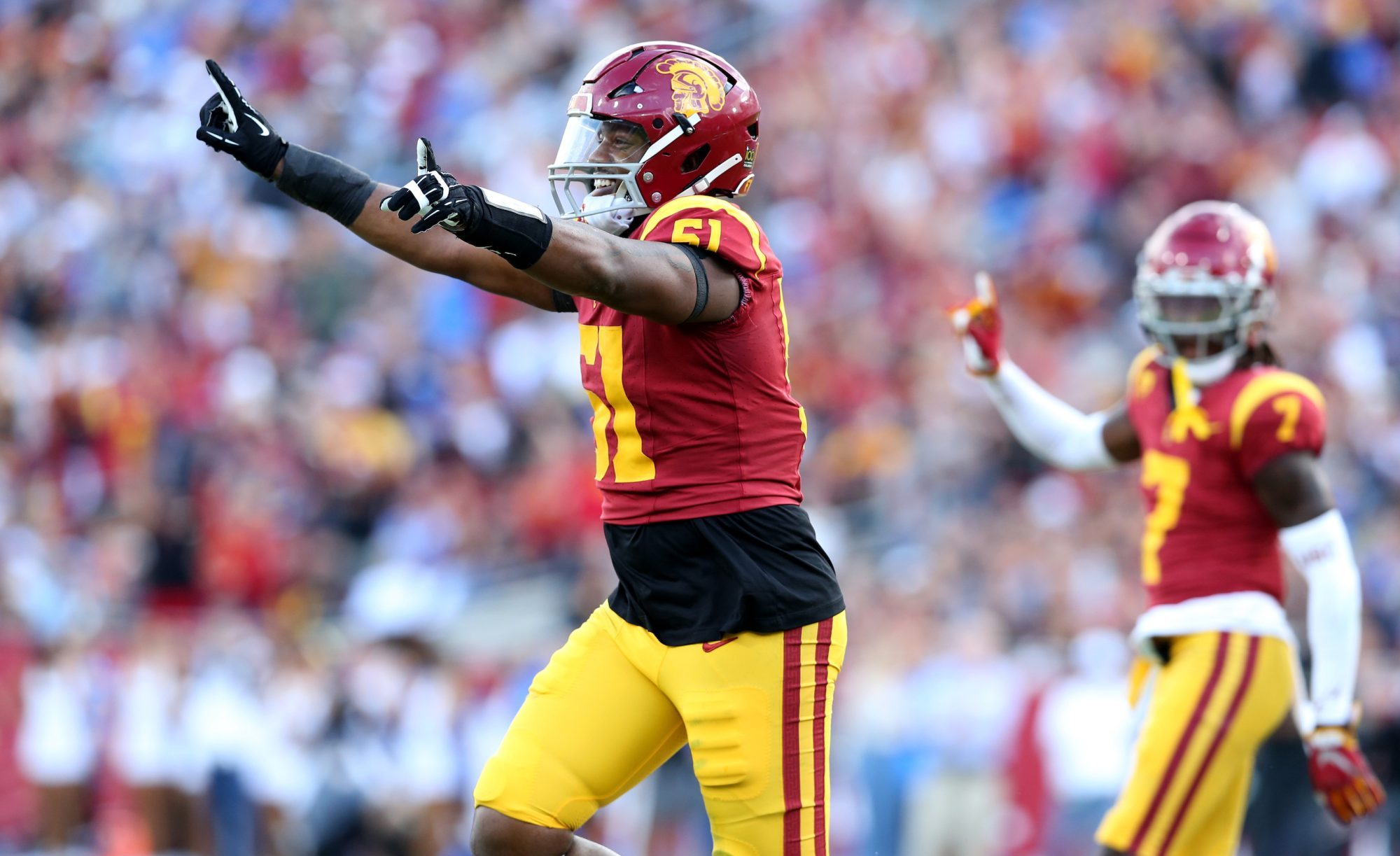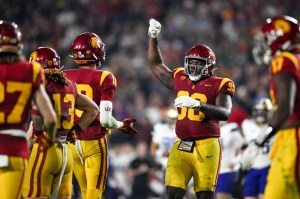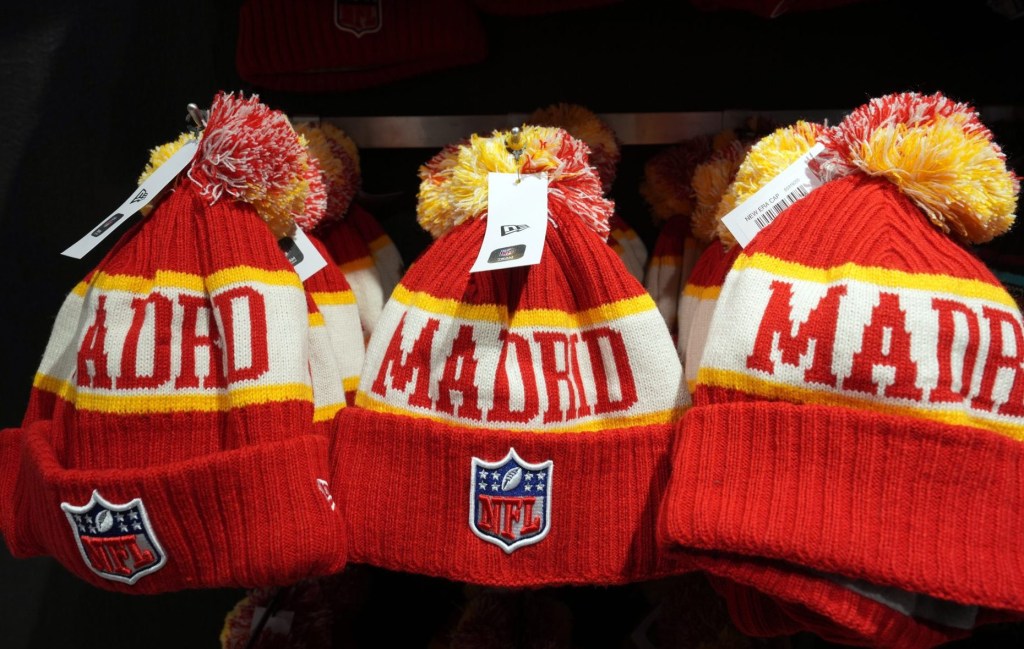At a trial over the concept of college athlete employment on Monday, a lawyer representing USC described Division I college football and basketball — programs that often earn millions for schools every year — as “extracurricular activities.” The lawyer said that big-time college sports were more similar in experience to USC’s marching band, or even to high school sports teams, than they were to an employee-employer relationship.
The trial is tied to a National Labor Relations Board “unfair labor practice” charge filed by an athlete advocacy group called the National College Players Association in 2022. The charge argued that USC football and basketball players should be considered employees of their school, their conference, and the NCAA. If the NCPA wins the case, the NCAA’s entire business model of amateurism would, in essence, immediately be deemed illegal.
USC’s lawyer, Adam Abrahms, made the comments to bolster the argument that athletes should be classified as amateurs, and that they should not be employees.
But testimony provided on Monday by former USC running back Brandon Outlaw painted a much different picture than one of “extracurricular activities” — one where almost every aspect of his life was controlled by the team.
Outlaw, who walked on to the team in 2021 but redshirted, testified that in his experience athletes spent an average of 50 to 60 hours each week on football-related activities during the season, and between 30 and 40 hours the rest of the year. That included everything from mandatory film sessions and practices to mandatory team meals and travel, during which athletes were subject to strict schedules dictated by coaches.
Outlaw described how the team attempted to control what athletes said publicly on social media and to journalists — and when he violated one of those policies, he was told “that’s not how we do things here.”
USC, he said, even controlled athletes’ bodies: Players were required to participate in weigh-ins to meet goals and had to submit urine samples on a weekly basis to check their hydration levels. “If you were extremely dehydrated … they would put it on the projector at the team meeting,” Outlaw said about the public reprimands athletes received if they failed these tests. (Outlaw conceded during cross-examination that the reprimands for these health tests did not go so far as kicking players off the team.)
USC has not yet been able to expand on its “extracurricular activities” comments beyond cross-examination. In one line of questioning, the school’s lawyer tried to establish that high school and youth sports teams, which are extracurricular activities, shared similar rules and requirements with college sports teams, such as practice schedules and expectations during travel.
“College sports is a $17 billion dollar industry,” NCPA executive director Ramogi Huma, who was present at the hearing but not on the witness stand, told Front Office Sports. “Texas A&M just paid a $77 million dollar payout just to fire its football coach, and the NCAA President recently proposed to allow colleges to pay unlimited money to their athletes. It is clear: FBS football and Division I basketball are not just extracurricular sports.”








![[Subscription Customers Only] Jun 15, 2025; Seattle, Washington, USA; Botafogo owner John Textor inside the stadium before the match during a group stage match of the 2025 FIFA Club World Cup at Lumen Field.](https://frontofficesports.com/wp-content/uploads/2026/02/USATSI_26465842_168416386_lowres-scaled.jpg?quality=100&w=1024)
![[Subscription Customers Only] Jul 13, 2025; East Rutherford, New Jersey, USA; Chelsea FC midfielder Cole Palmer (10) celebrates winning the final of the 2025 FIFA Club World Cup at MetLife Stadium](https://frontofficesports.com/wp-content/uploads/2026/02/USATSI_26636703-scaled-e1770932227605.jpg?quality=100&w=1024)








